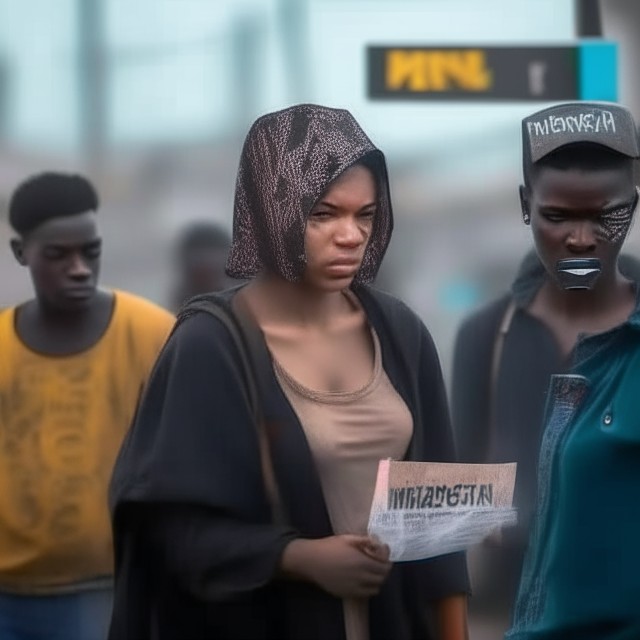
In recent years, Ghana has made significant strides in the field of human rights law. As a nation that takes pride in its democratic values and commitment to justice, Ghana has seen the growth and evolution of human rights law becoming increasingly prominent. This article explores the trends and developments that have shaped the human rights landscape in Ghana.
- Constitutional Foundation Ghana’s commitment to human rights begins with its constitution. The 1992 Ghanaian Constitution, often hailed as one of the most progressive in Africa, provides a solid foundation for the protection of human rights. It guarantees fundamental rights and freedoms, including freedom of speech, religion, and assembly. This constitutional framework has paved the way for the growth of human rights jurisprudence in the country.
- The Role of the Judiciary One of the most significant trends in Ghana’s human rights law is the judiciary’s active role in upholding human rights. Ghana’s courts have demonstrated a willingness to hold the government and public officials accountable for human rights violations. Landmark cases, such as the famous “R v. Mensah” case, have set important precedents in the protection of individual rights.
- International Human Rights Treaties Ghana is a signatory to various international human rights treaties and conventions, including the Universal Declaration of Human Rights and the International Covenant on Civil and Political Rights. This commitment to international standards has encouraged the alignment of domestic laws with international human rights norms.
- Gender Equality and Women’s Rights Gender equality and the promotion of women’s rights have become a focal point in Ghana’s human rights discourse. The passage of the Domestic Violence Act in 2007 and the Criminal Offences (Amendment) Act in 2017 marked significant legislative steps towards addressing gender-based violence and discrimination. Women’s rights organisations have played a pivotal role in advocating for these changes.
- LGBTQ+ Rights and Controversy The issue of LGBTQ+ rights in Ghana has generated significant debate and controversy. The country has witnessed a push for LGBTQ+ rights and recognition, with some advocacy groups working to challenge societal prejudices and legal restrictions. At the same time, there has been resistance from various quarters, including religious and traditional leaders, leading to ongoing discussions and tensions surrounding the subject.
- Freedom of Expression and Media Freedom Ghana has been celebrated for its vibrant media landscape and freedom of expression. The country ranks high on global press freedom indices. The robust media environment has allowed for open debates, investigative journalism, and critical reporting on human rights issues. However, challenges such as attacks on journalists and concerns about media ownership still exist.
- Human Rights Education and Advocacy Civil society organisations, human rights activists, and academic institutions have played a crucial role in promoting human rights education and advocacy in Ghana. These groups have organised workshops, seminars, and awareness campaigns to educate citizens about their rights and encourage them to demand accountability from public officials.
The trend of human rights law in Ghana is one of progress and evolving commitment. While challenges persist, the country has demonstrated its dedication to upholding the fundamental rights and freedoms enshrined in its constitution and international treaties. As Ghana continues to grow and develop, the evolution of its human rights landscape remains a significant marker of its commitment to justice, democracy, and the well-being of its citizens.
Dear Supporters of Justice,
With gratitude,
Justice Journal Team
Your subscription to the Justice Journal is not just an investment in quality journalism; it’s a commitment to positive societal change. With your monthly contribution of 20 cedis, you empower us to uphold the highest standards of reporting, ensuring that critical stories are told, and justice is served. But it doesn’t end there; your support reaches far beyond the pages of our journal. Over the course of the next five years, we aim to employ 2000 talented Ghanaians, fostering a brighter future for our nation. By choosing to subscribe to a responsible company that gives back, you become an integral part of our mission to create a more informed, equitable, and prosperous society. Join us today, and together, we can make a meaningful difference through the power of responsible journalism.
With gratitude,
Justice Journal Team


